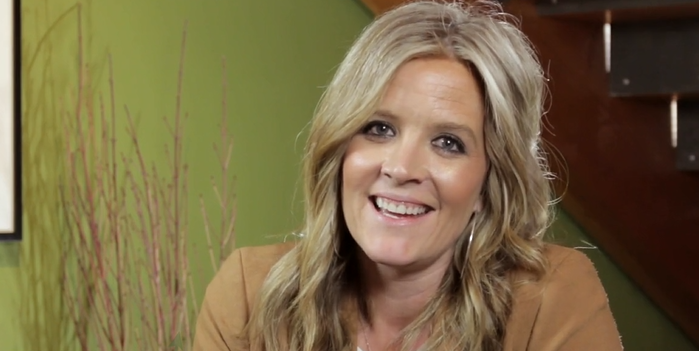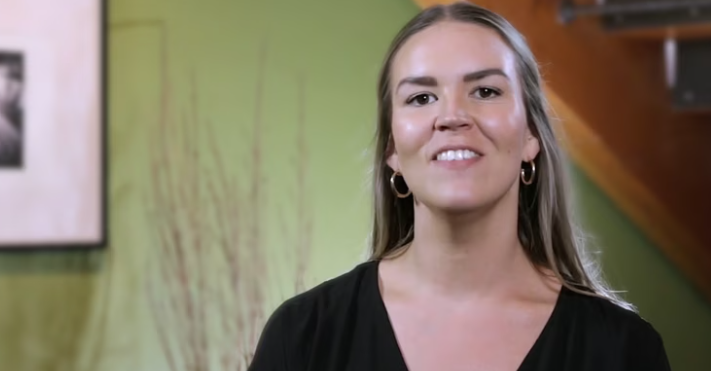Wealth | Business | Finance | Life. Connect with us today and learn more about joining our community.
Every one of us has an opportunity – or what looks like one – land on our desk almost daily. The bigger your business becomes, the faster these offers multiply. New partnerships, side ventures, “can’t-miss” deals… they show up like clockwork.
That’s why learning to say no – and meaning it – isn’t just good practice; it’s a survival skill.
What are the real odds of a worthwhile deal? Ben and I get pitched multiple new business ideas every week, not counting real estate. If you do the math – let’s say it’s 2 ideas each week – that’s roughly 100 proposals a year. How many move forward? Two or three…. 3% at most.
When you look at your own inbox, the ratio is probably similar. Yet the default impulse is to bend over backward searching for ways to turn each pitch into a yes.
What if you flip the process and start with a hard “no”? Instead of hunting for reasons to green-light a proposal, assume it’s dead on arrival. Run it through every test you can think of, trying to prove it shouldn’t move forward. If it survives that gauntlet, then it earns a maybe and a deeper look. This mindset does three things:
• Protects your focus. Time spent forcing a bad fit is time stolen from proven priorities.
• Eliminates emotion-based decisions. You stop “manufacturing excitement” just to justify taking action.
• Creates objective filters. A clear rubric turns gut feelings into measurable criteria.
Every idea must clear a filter before it moves forward. If a proposal can’t reveal a clear, compelling benefit, we pass. Only after it survives that first pass do we give it a closer look.
Those filters matter. They’re not bureaucracy for its own sake; they’re tools that keep us grounded.
That’s why Ben and I created the Business Opportunity Filter; to ask important questions related to new business opportunities and rule out whether or not it makes sense for us to move forward or invest.
Whenever someone calls to ask, “What do you think of this idea?” my first reply is, “Did you run it through the filter?” Nine times out of ten, the answer is no. When this step is overlooked or skipped, enthusiasm dictates the discussion, and that’s how bad (or the wrong) deals slip through.
It’s important to understand that saying no isn’t negative; it’s discipline. It keeps you from wasting energy on ‘long shots’ and frees you to double down on the rare opportunity that truly fits. Remember: if you can’t quickly prove a deal belongs on your desk, it probably isn’t the right deal for you.
What business opportunities do you have sitting on your desk right now? Or what business ideas do you have in mind? Download our free Business Opportunity Filter ** ** and run these ideas through the filter. As you work through the filter, consider each question carefully and weigh your responses based on your current business, financial standing, and personal goals.
At Metrix, our goal is to help our mastermind members become smarter and more effective entrepreneurs. We have helped a lot of our members create ancillary businesses or acquire other companies, however we have taught them how to do this strategically.
If you are interested in learning more about our membership or our mastermind community, please visit our website to book a call with our team.









